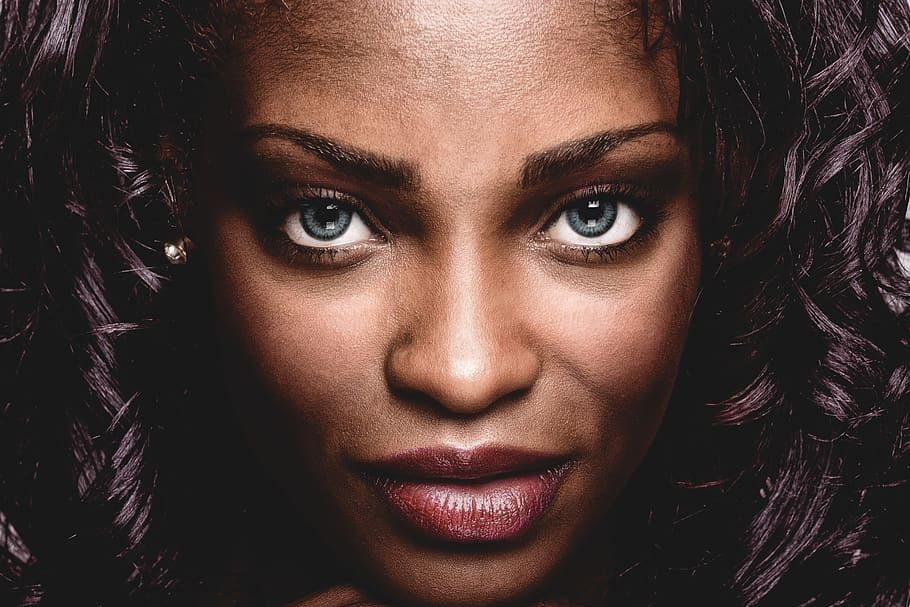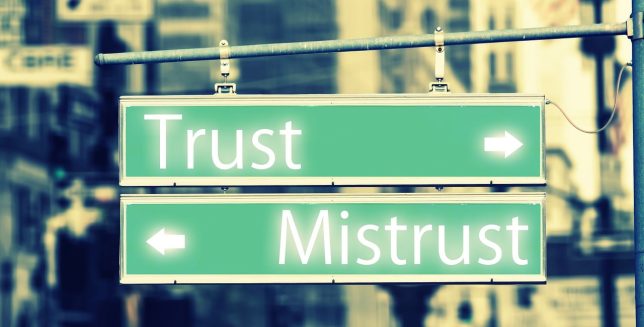The conversation has finally reached center stage, and quite honestly, I must say that this editorial – along with this conversation’s time on stage – is long overdue. It’s about time we discuss the plight of Black women.
We have talked on and on about the plight of Black people as a whole, but it’s time for many of us that are not Black women to realize that their battle is different from ours. I’ve always been the guy who knew about the Black woman plight, but I would always turn a deaf ear to the conversation after I heard the phrases “niggas ain’t sh*t” or “Black men are the weakest link”. I’d feel offended and just simply stopped listening to fight off the urge to react. I hated those phrases, and I still do. However there were a couple things I saw recently that moved me to step out of my own head and walk a mile in a Black woman’s shoes…
The first was the string of tweets on Twitter of women confessing the age they had been sexually assaulted. There were a lot of them, and many that I knew. That rocked me. I feel like I have a bad habit of subconsciously suppressing the idea that this world can inhabit so much evil because I can’t deal with it, but these confessions reminded me of everything. In addition to the tweets, I saw this picture:
When I saw this picture I could only stop in my tracks and admit that I see Black women stand up for many other groups of people, but their support is not reciprocated on the same level. So, here I am doing the bare minimum by dedicating this editorial to succinctly educating you, the reader, on a few of the trials Black women face all over the world. I’m no expert, but here are some issues I researched with the help of Jael Wyatt, Un-Associated writer and an extraordinary Black woman.
Hyper-sexualization
Black women are commonly seen as sexual objects, both in day-to-day life and in media. Dating all the way back to slavery, Black women were commonly raped by their slave masters, even sometimes forced to have sex with their relatives to reproduce. Sarah Baartman was an African woman from South Africa, who due to her curvy body figure, was taken on tour in European freak shows to be put on exhibition. Crowds of Europeans would come to these shows and be in awe of her relatively large buttocks. After her death, her body was preserved and still kept on display in England until 1974. She initially had no burial, no ceremony, just preserved and exhibited as her body was seen as nothing but an object to be amused by.
For some men, you probably grew up thinking catcalling and smacking a girl’s butt wasn’t a big deal. Think about why that is? Or maybe you thought it wasn’t a big deal for you to call a girl a “bitch” or a “ho”. Think about why a character like Zuri from Black Panther got so much attention. It’s because Black women are commonly portrayed as vixens in the background of music videos, not super smart leaders in the forefront.
Many of us men, especially those of us that are Black, learn at a very young age that the Alpha male is the man that gets all the girls. We are conditioned to believe that women are what we need in order to be considered a man, or manly. Unfortunately, this causes us to sexually objectify women by viewing them as validators, and not humans – this feeds hyper-sexualization. For those reading in hopes of changing bad habits, try to identify this in yourself, and rid yourself of this concept that has been ingrained in your mind.
Sources:
https://www.bbc.com/news/magazine-35240987
Adultification
Black women are commonly seen as older and more mature than they actually are. This is called adultification, and this can obviously lead to many more issues to develop. For example, Black girls are the only group of girls that are overrepresented along the entire continuum of discipline in schools. They are also 7 times more likely to get suspended from school and 3 times more likely to be referred to juvenile court ( in relation to white and latina counterparts). Viewing Black girls as older than they are can give way to them being seen as less deserving of protection and nurturing.
Often in the media, the small white girl with blonde hair and blue eyes is depicted as the epitome of innocence. You can look at films like the “Birth of A Nation” and “Schindler’s List”. Little Black girls, conversely, are depicted as sassy and self-sufficient. Maybe you can recall a time that you have treated a Black girl as more mature than she was. The best thing I believe we can do to combat this is be intentional and careful about our perceptions of Black girls. In addition, when able, we ought to stand up for them when we believe they are being unfairly punished in school.
Sources:
“The Angry Black Woman”
Every group of people have their stereotypes they have to deal with. For Black women, amongst being seen as ghetto, sexual objects, and loud, they have to deal with the “Angry Black woman” narrative (or myth). This narrative paints every Black woman as angry and aggressive. This makes it hard for Black women to feel like they have the permission to be angry and exhibit any form of emotion. Consider most of the depictions of black women (particularly those that are dark skinned) you saw growing up. They were the best friends of the main character and they were the ones that took no BS, and were the sassiest characters in the show – kinda like Dejaunay in The Proud Family.
This narrative also gives way to the criminalization of Black women. Some Black women are viewed as angry and aggressive and people will fear that anger and aggression. Once again, we can set up a juxtaposition between Black women and non-Black women. Women of other complexions not having this narrative attributed to them help them to avoid criminalization and even have their emotions seen as more valid than the emotions of Black women.
Just imagine that for a second, you are so upset and disheartened at something happening to you, but every time you speak up about it your emotions are seen as aggressive. You are silenced. What we all can do to make sure this doesn’t happen for Black women is try our best dispel our negative perceptions of them, and also not be dismissive when they speak up about the issues they face. Also, try your best to not get passion and aggression mixed up.
In conclusion, these are just 3 of the issues that exclusively harm Black women. The sooner we all acknowledge them, the sooner we can all help. Let’s all do our part spread love on earth. There are many people who need your love and support, and deeply just want to know that we have their back. So I hope this editorial encouraged you to help out. Love you guys!







